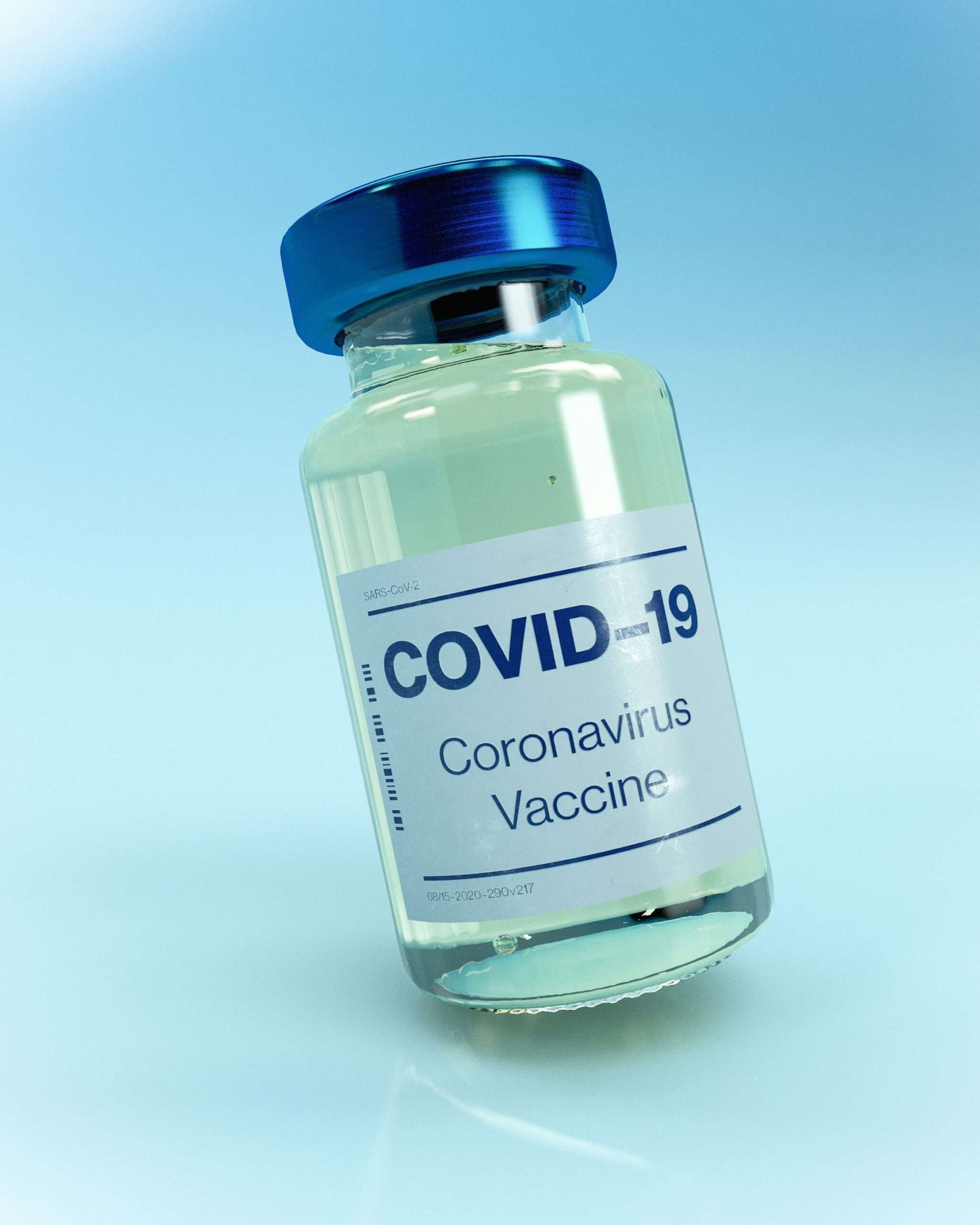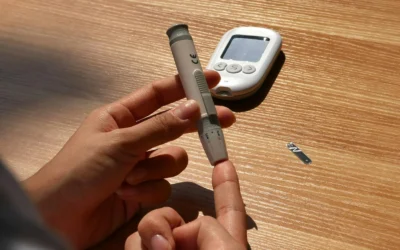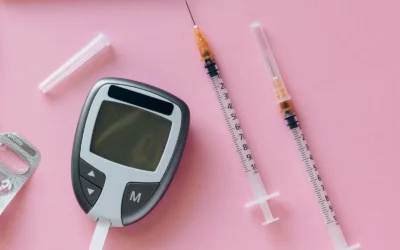Understanding Semaglutide and Weight Loss 8 Important Tips for Getting the Best Out of Semaglutide for Weight Loss Developing Knowledge about Semaglutide for Weight Loss In the case of obesity treatment, Semaglutide is considered a modern approach as it falls under...
Blog
Understanding the Effects of Overeating on Semaglutide: What You Need to Know
What is Semaglutide and How Does It Work? Examining the Mechanisms Through Which Overeating Influences Semaglutide What Does Semaglutide Do For You? The rise in the usage of Semaglutide can be approved to its functionality in the treatment of obesity and type 2...
Can Semaglutide Help You Lose Leg Fat?
Understanding Semaglutide and Its Mechanism Can Semaglutide Help You Reduce Fat in Your Legs? Know More About Semaglutide And How It Works Semaglutide is a medicine that falls under the Category of glucagon-like peptide-1 (GLP-1) receptor agonist which binds with the...
Does Semaglutide Get Rid of Belly Fat? Exploring the Evidence and Mechanisms
Understanding Semaglutide: What It Is and How It Works Does Semaglutide Break Down Subcutaneous Fat? Attempting to Find the Answers and the Mechanisms Understanding Semaglutide: What This and Its Mechanism of Action First developed for use in type 2 diabetes patients,...
Natural Ways to Boost Insulin Production: 9 Effective Strategies
Understanding Insulin and Its Importance 9 Effective Natural Approaches to Increase Insulin Production Insulin: An Overview Amongst many, insulin is one of the endocrine hormones produced by the pancreas that regulates the amount of glucose in the blood and promotes...
Diabetes mellitus is a collection of diseases that alters the way the body regulates blood sugar, glucose, levels.
Cells in the muscles, brain, and tissues require glucose as a source of energy. Diabetic patients, however, have elevated blood sugar levels because of the insufficient insulin production which facilitates glucose into cells or its improper use. If chronic elevated...
Alternatives to insulin in managing diabetes
Diabetes is a chronic disease that prevents the body from properly utilizing insulin. For such people, there are several insulin substitutes which are made with the intention to fulfilling specific challenges such as How the insulin behaves inside the body, the time...
Diabetes Type 2
Type 2 diabetes is caused by high levels of blood sugar (glucose) as a chronic disease in which there is failure of the body to either secrete enough insulin or becomes resistant to its actions. The most common type of diabetes, or about 90 – 95 percent of cases...
Overview of Diabetes
Diabetes is a chronic condition that affects the body’s ability to control the blood sugar level. It is a state in which the primary energy source, glucose, cannot easily be utilized by cells. The principal source behind elevated blood glucose levels is a hormone...








